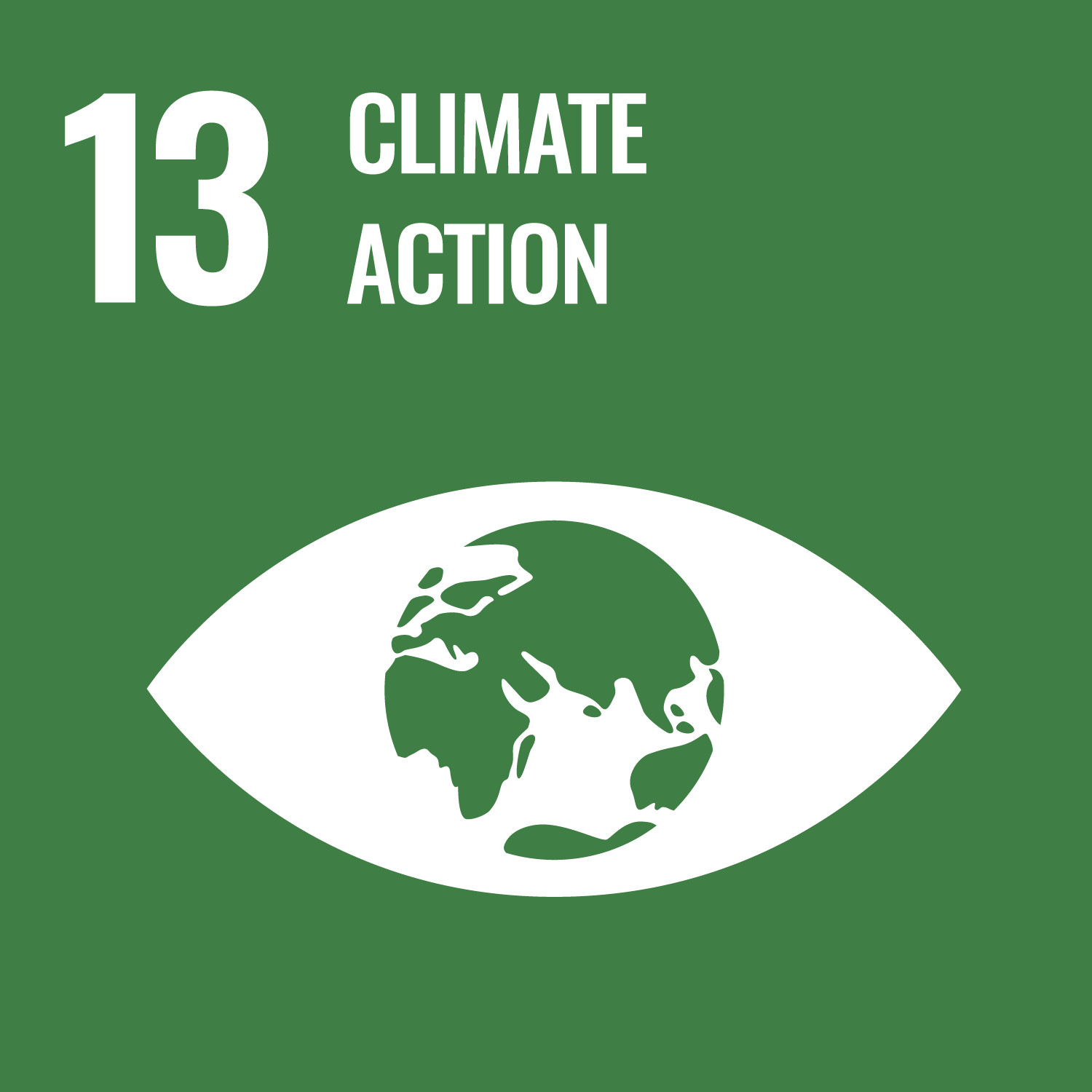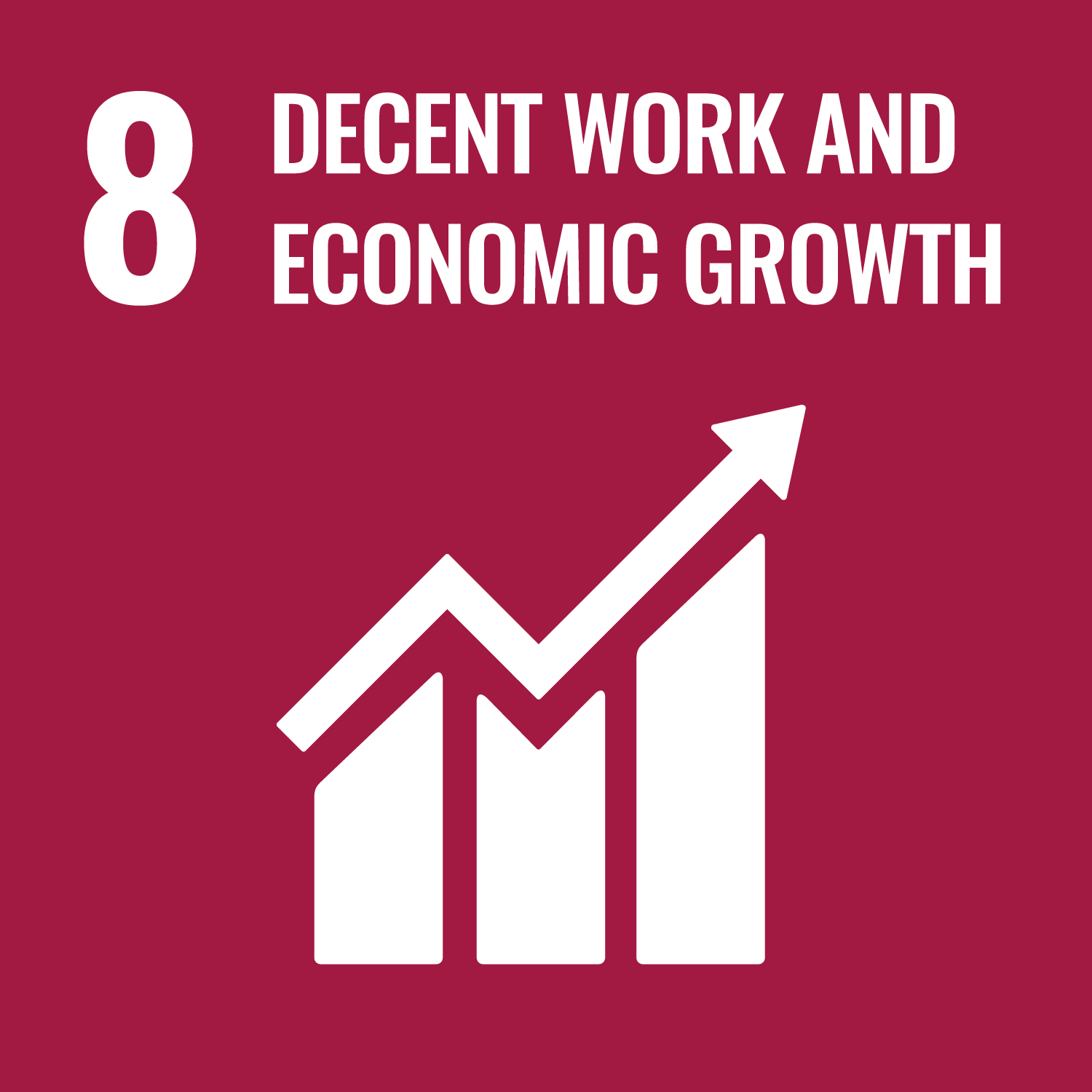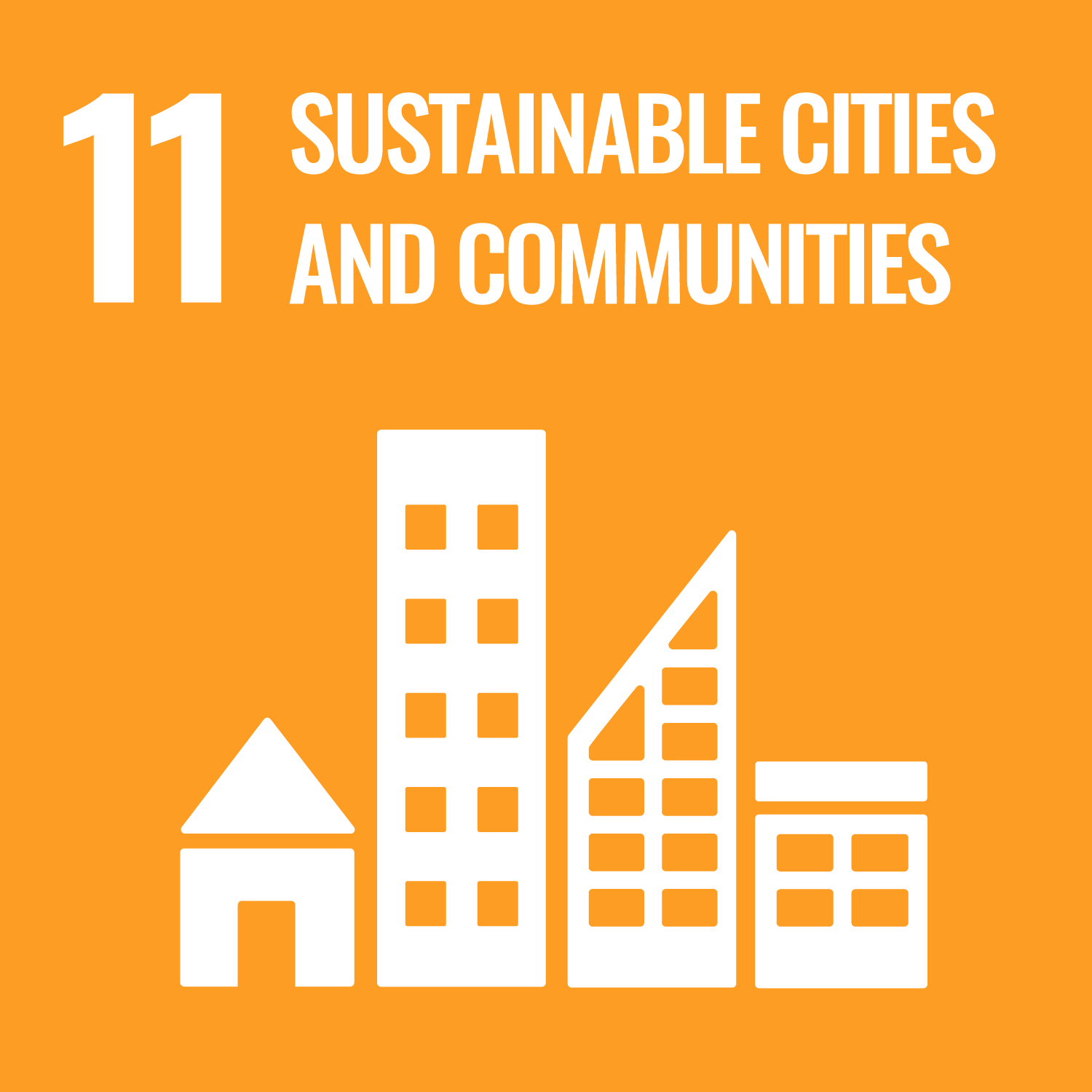PROJECT DETAILS
| Project Submission No. | S00574 |
|---|---|
| Project Title | MSW plant by Ujjain Waste Management Pvt. Ltd. |
| Project Owner(s) (as per PSF & LOA) | Infinite Environmental Solution LLP |
| Submission Date | 2022-06-29 |
| Global Stakeholder Consultation Period |
2022-11-06 to 2022-11-20 |
| Sector | 13.Waste handling and disposal |
| Project Type | MSW/TDF/RDF Incineration |
| GCC/CDM Methodology & Version | AMS III.F.: Avoidance of methane emissions through composting - Version 12.0 |
| Forecasted GHG Emission Reduction (tCO2e/Year) |
|
| Forecasted E+ Label | Yes |
| Forecasted S+ Label | Yes |
| Forecasted SDG+ Goals |



|
| Forecasted SDG+ Label | Silver |
| Forecasted Market Eligibility | C+ - Pilot Phase |
|
Location Details
Open Full Map
|
|
| Country |
India
|
|---|---|
|
Focal Point of Project Owners
|
Infinite Environmental Solutions Limited |
| Email of Contact Person of FP (Primary) | jimmy@infisolutions.org |
| Email of Contact Person of FP (Secondary) | rishabh.surana@jewonline.in |
| Name of Authorized External Representative Organization | Infinite Environmental Solution LLP |
| Name of Focal Point of External Representative | Jimmy Sah |
| Email-id of External representative | jimmy@infisolutions.org |
| Documents for Global Stakeholder Consultation | Project Submision
Calculation Sheet Other Documents |
| Project Brief | The project activity is designed to reduce Greenhouse Gas (GHG) emissions. The project activity is also expected to provide a clean and healthy environment to the city of Ujjain in state of Madhya Pradesh, India. The purpose of the project activity is to install a new 300 Ton/Day Municipal Solid Waste (MSW) composting plant at the city of Ujjain in state of Madhya Pradesh, India. In Ujjain city segregation of recyclable waste is generally not practiced. Most of the recyclable material is disposed of along with domestic and trade waste. Therefore, recyclable waste is generally found mixed with garbage on the streets, into the municipal bins and at the dumpsites from where part of this waste is packed up by the rag pickers hence, the project activity would avoid the emissions of methane to the atmosphere by composting of organic matter that would have otherwise been left to decay anaerobically at municipal solid waste disposal site (MSWDS). The project activity is voluntary this is not compliance for projects owner for treating the waste and project owner has to follow all the Complete compliance/ rules of pollution control board and as per requirement of MSW Rules 2000. |
|---|---|
| Additional Information | The project activity involved the establishment of a municipal solid waste (MSW) processing plant in Ujjain, Madhya Pradesh. The waste processing plant would have an aggregated capacity to process 300 tons per day (TPD) of waste The project was commissioned on 20/04/2016, achieving estimated emission reductions for the entire crediting period of 10 years to be around 389,195 tCO2e, and 38,919 tCO2e annually. |